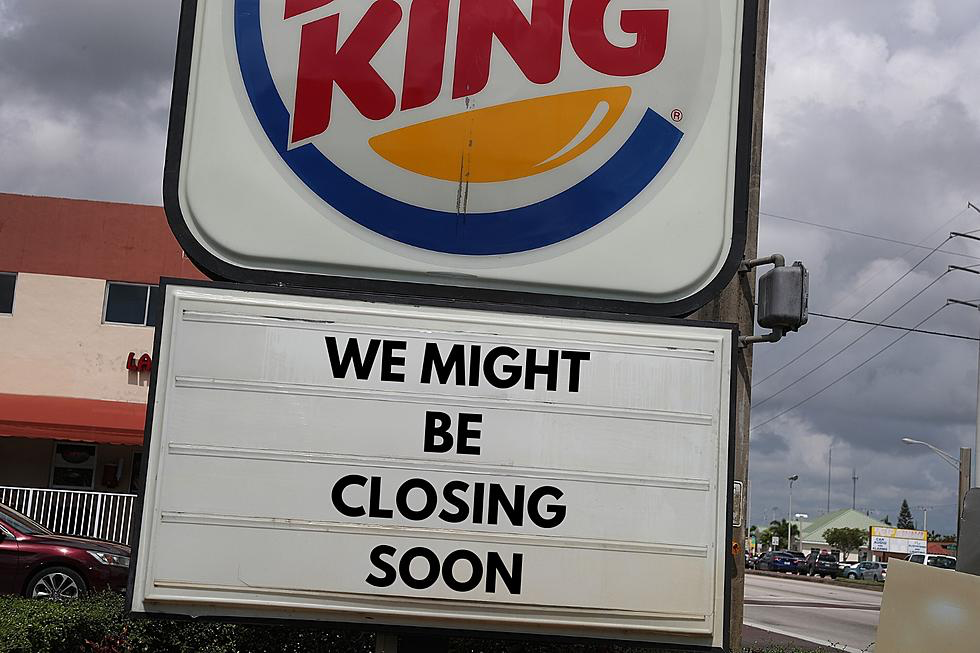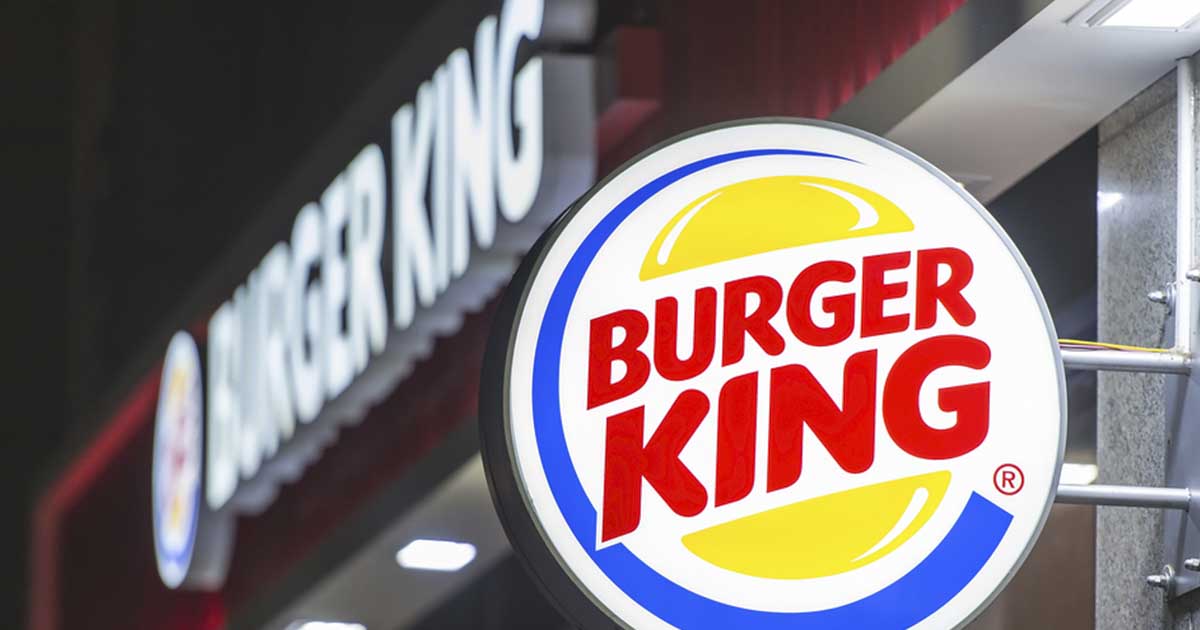
The well-known fast-food chain Burger King is going through a radical change. Burger King, which has a lengthy history spanning the 1970s, 80s, and 90s, recently redesigned its logo in honor of its illustrious past. The new logo captures the brand’s cherished position in popular culture and is bold, uncomplicated, and enjoyable. Burger King’s new design, which was influenced by TV series like “Stranger Things” and movies like “Back to the Future,” captures the company’s cultural influence over time.
Burger King has decided to close 300–400 underperforming locations in order to remain competitive. The corporation is committed to preserving its position in the fast-food industry, which includes this calculated action. Burger King continues to run more than 6,900 locations nationwide despite the closures, securing its ranking as the third-largest fast-food chain in the United States.

Burger King’s decision to close outlets may raise some eyebrows, but Chairman Patrick Doyle stresses that franchisees must be committed and passionate. The organization thinks they can guarantee long-term success by collaborating closely with franchisees who share their commitment to excellence. By concentrating on the company’s recovery plan, which include increasing sales and outpacing the competition, Burger King hopes to increase profitability.
In an effort to solidify its place in the fast-food sector, Burger King initiated the massive “Reclaim the Flame” rebranding initiative in 2022. The campaign, which has an incredible $400 million investment, is focused on simplifying menu options, advertising, and restaurant improvements. Burger King is dedicated to modernization; to improve the customer experience, it is implementing physical renovations, cooking upgrades, and technology innovations.
In the face of these adjustments, Burger King is committed to catering to customer preferences. Burger King wants to keep serving up mouthwatering food and an unforgettable eating experience to patrons of all ages by embracing its history, enhancing operations, and making investments in the future.




